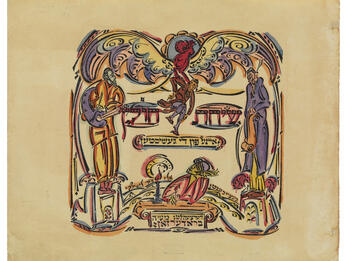Blind Woman
Paul Strand
1916
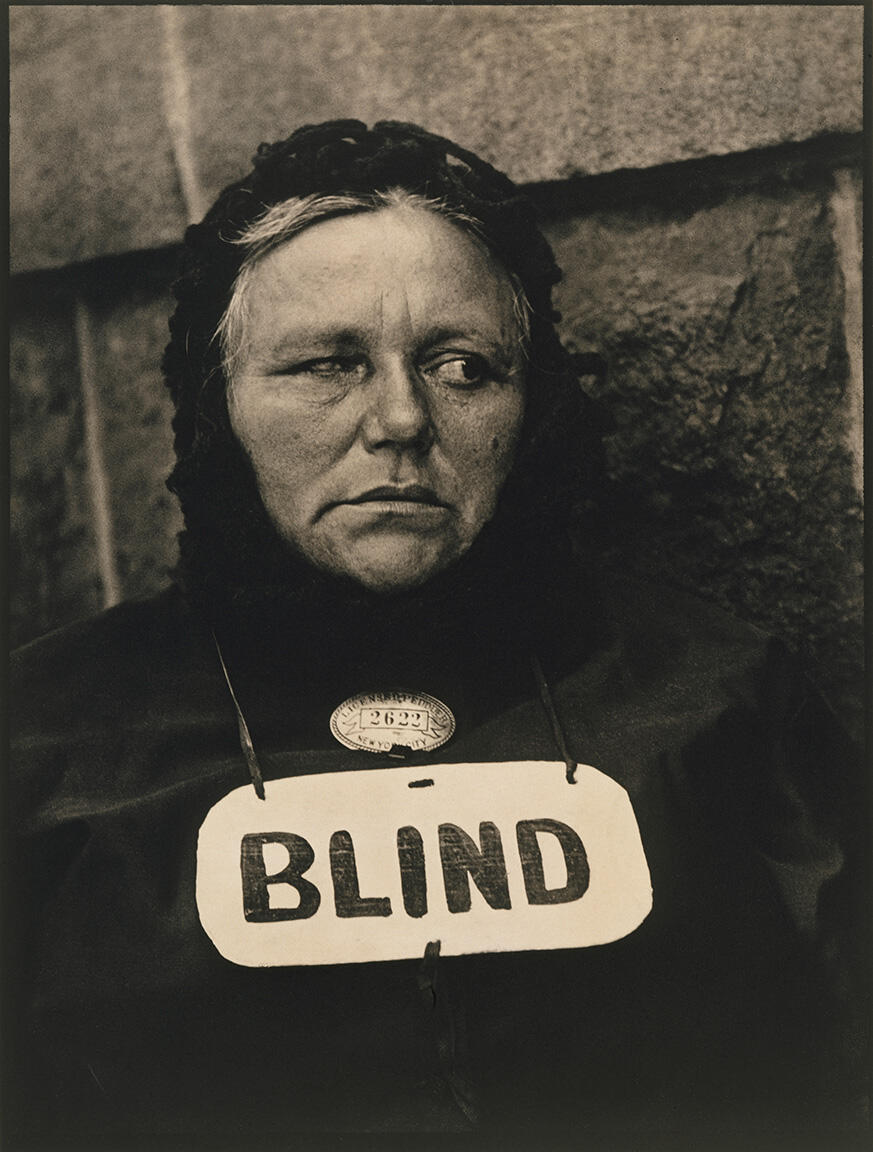
Places:
Subjects:
Creator Bio
Paul Strand
Born in New York to immigrants from Germany, Paul Strand was raised on the Upper West Side of Manhattan. He was attracted to photography while studying at the Ethical Culture School under Lewis Hine. After graduation, he participated in Stieglitz’s Camera Club, published in Camera Work, and came to see himself as part of the emergent world of artistic photography. His photographic style characterized humanity in often neglected moments of urban life through street portraits, abstract cityscapes, and movement. Strand also produced films, notably his 1921 adaptation of Walt Whitman’s Mannahatta and his politically charged Frontier Films productions. After World War II he moved to Orgeval, France, and focused exclusively on photography.
You may also like
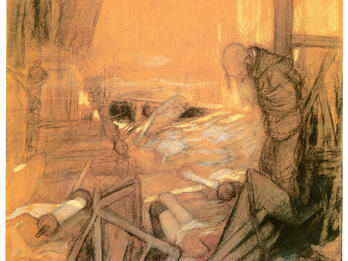
Under Her Father's Eyes
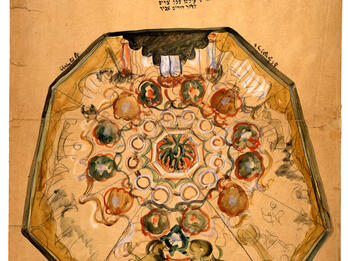
Drawing Based on the Ceiling of the Mohilev Synagogue
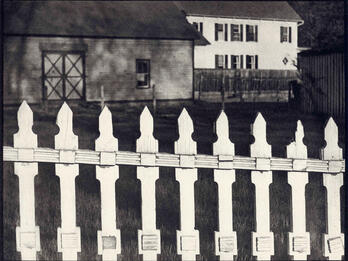
White Fence
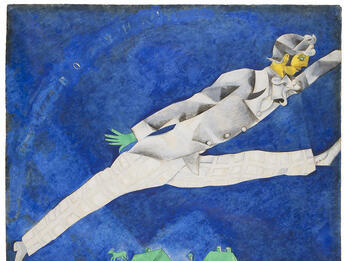
The Traveler
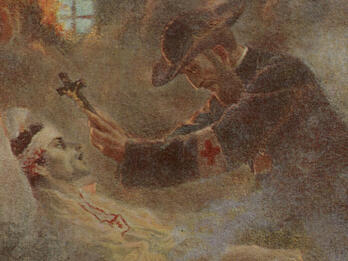
Le grand Rabbin aumônier Abraham Bloch (The Chief Rabbi Chaplain Abraham Bloch)
